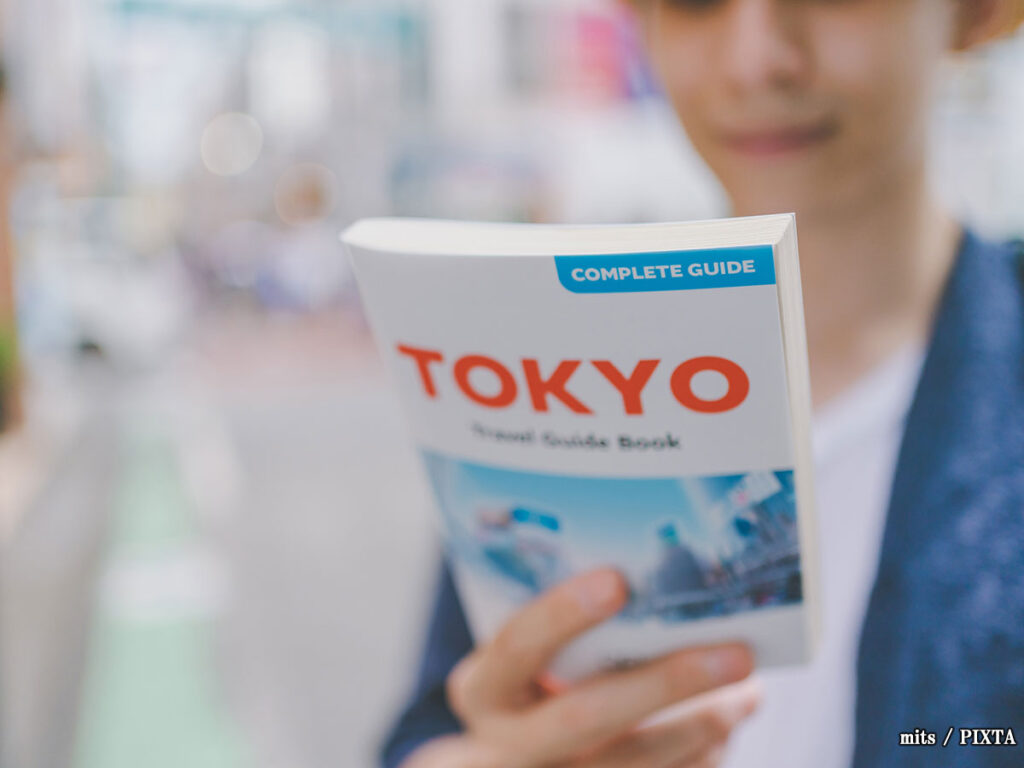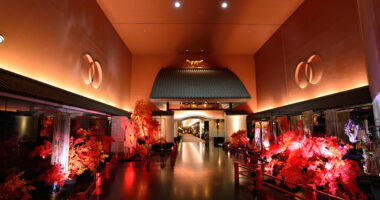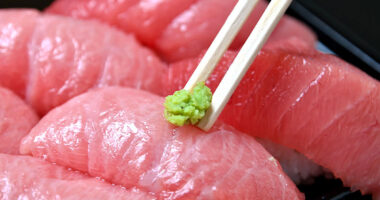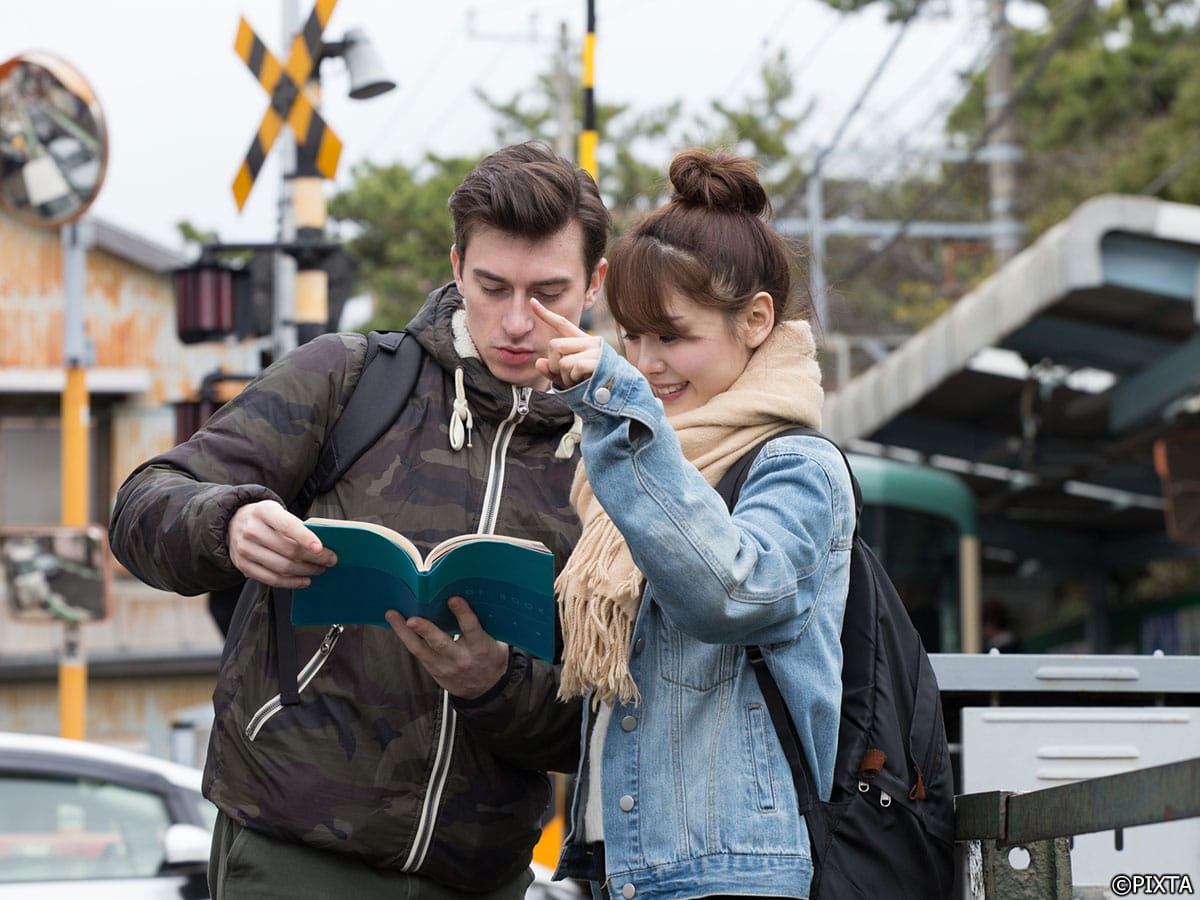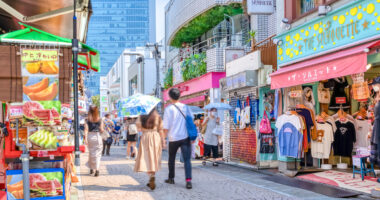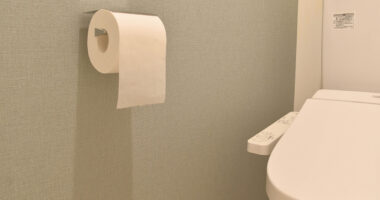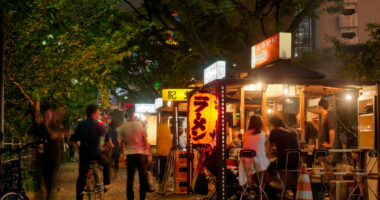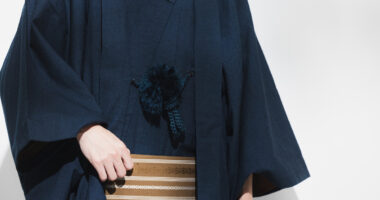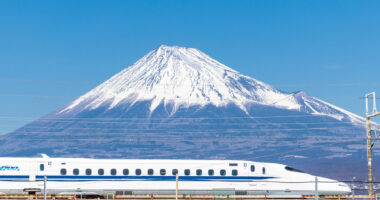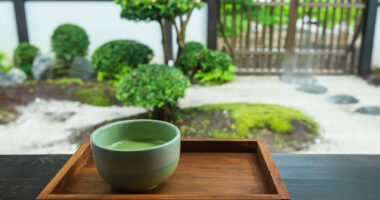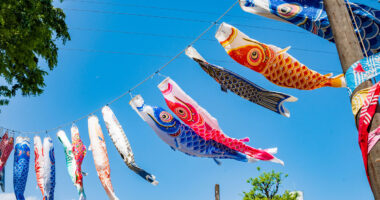When visiting Tokyo, it’s crucial to be aware of local regulations that may affect your activities. These rules ensure public safety and maintain the city’s cleanliness and comfort. Here are key regulations to keep in mind:
Littering
As of June 2025, strict littering regulations are enforced in many areas of Tokyo. In these areas, litter even as small as a piece of gum, a tissue, or a cigarette butt, can be a punishable offense.
In Chiyoda Ward, home to the Imperial Palace and Akihabara, littering fines can reach 20,000 yen, and severe cases in beautification areas can incur fines up to 50,000 yen. Chuo Ward, where the shopping district of Ginza is located, prohibits discarding various waste items, with severe cases potentially leading to public disclosure.
Shinjuku Ward, known for its entertainment and shopping, imposes fines up to 20,000 yen in beautification areas. Similarly, in Shibuya Ward, famous for Shibuya Crossing and Harajuku, violators can be fined up to 20,000 yen for littering.
Public trash cans are scarce in Tokyo, so carry your trash with you until you find a proper disposal area. It’s a good idea to have a bag with you for this purpose. These regulations help keep the city clean and pleasant for both residents and visitors.
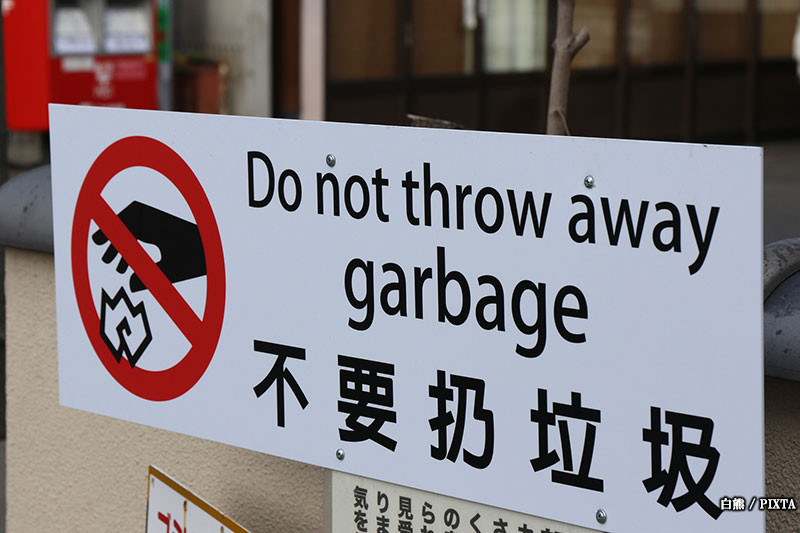
Photo for illustrative purposes
Drinking alcohol in public
Although you may have heard that drinking alcohol in public is permitted in Japan, new regulations have made this stricter in some areas of Tokyo. For example, in Shibuya Ward, a ban is in place from 6:00 PM to 5:00 AM in areas like the northwest side of Shibuya Station, including Shibuya Center-gai, Miyamasuzaka, and Maruyamachō.
In Shinjuku Ward, street drinking is prohibited specifically during Halloween from the evening of October 31 to the following morning, affecting parts of Shinjuku 3-chōme and Kabukichō 1-chōme. Other periods may be added if deemed necessary by the ward mayor to ensure safety and order. Security personnel will patrol these areas to provide corrective guidance to violators. For more information about the specific areas covered by bans in these wards and street drinking policies in general, contact the respective ward offices.
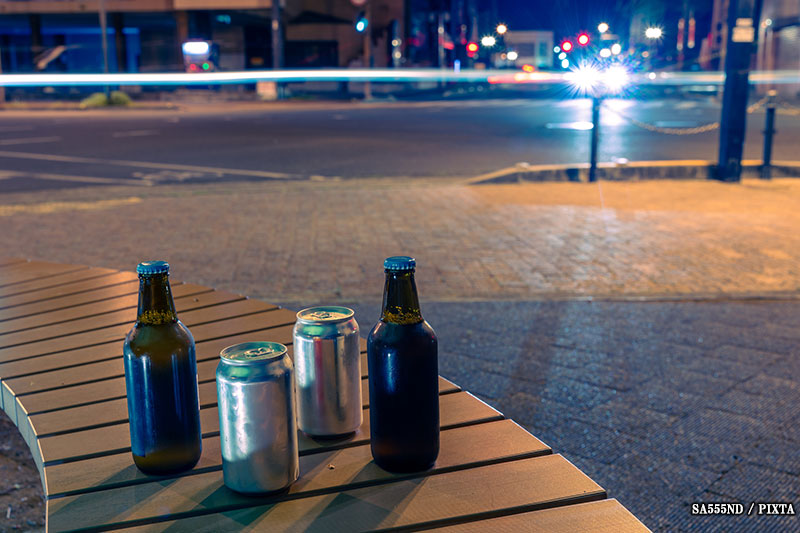
Photo for illustrative purposes
Smoking
Smoking is prohibited while walking in many districts of Tokyo to prevent accidents and maintain cleanliness. Additionally, smoking in prohibited areas, whether standing or walking, is regulated to prevent the negative impacts of second-hand smoke. Use designated smoking areas, which are often enclosed or clearly marked. Indoor smoking is also restricted to designated smoking rooms that meet specific criteria. Violators may face administrative fines under the revised Health Promotion Act and the Tokyo Metropolitan Ordinance to Prevent Exposure to Second-Hand Smoke.
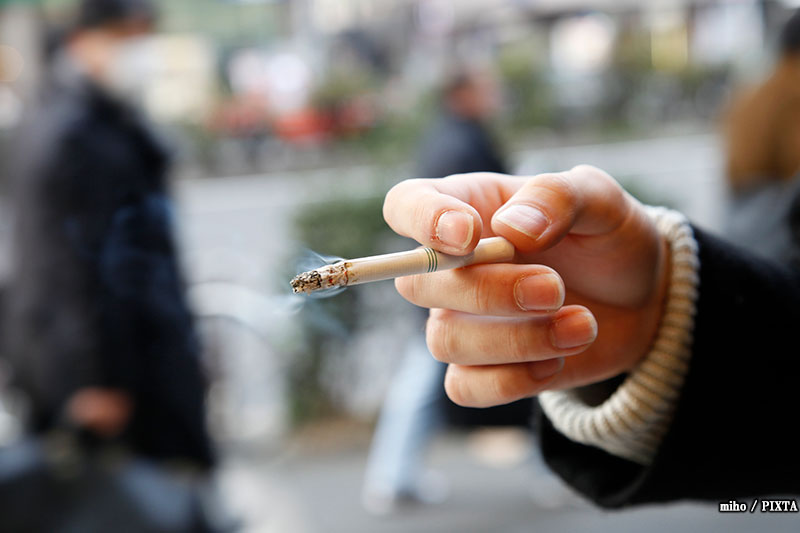
Photo for illustrative purposes
Minors being out at night
Minors (those under 18 years old) in Tokyo are prohibited from being out from 11:00 PM to 4:00 AM without a parent or guardian’s consent or a valid reason. Parents or guardians can be fined up to 300,000 JPY for allowing minors to violate this curfew. Additionally, minors are not allowed to enter video game arcades, karaoke establishments and manga cafes during these hours. Please note that these and other establishments may also have their own rules with earlier time limits, as well as conditions such as requiring the accompaniment of a parent or legal guardian. Therefore, it’s best to contact the specific establishment for details.

Photo for illustrative purposes
Using scooter suitcases
The currently trending electric scooter suitcases should not be operated on public roads in Japan. These devices, designed for airport use with a top speed of around 10 km/h, do not meet the safety standards required by Japanese traffic laws, such as having proper brakes and turn signals. Morever, driving without a license can result in penalties of up to three years in prison or fines of up to 500,000 JPY, so don’t try to take to the streets with one of these.
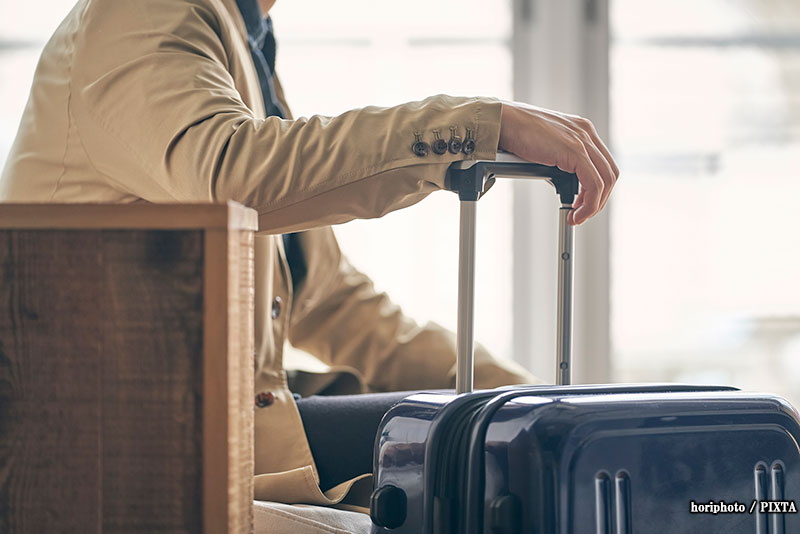
Photo for illustrative purposes
Harassing staff
As of April 1st, 2025, Tokyo’s Customer Harassment Prevention Ordinance requires businesses to protect workers from abusive customer behavior. While the law doesn’t penalize customers directly, it obligates businesses to prevent and respond to harassment.
International visitors should note that Japan’s traditionally high service standards do not give license for demanding or disruptive behavior. Harassment includes not only threats, but also unreasonable demands, verbal abuse, or actions that disrespect staff or disrupt the workplace. Businesses may escalate issues to supervisors or the police. The aim is to ensure respectful interactions from all customers, including visitors.
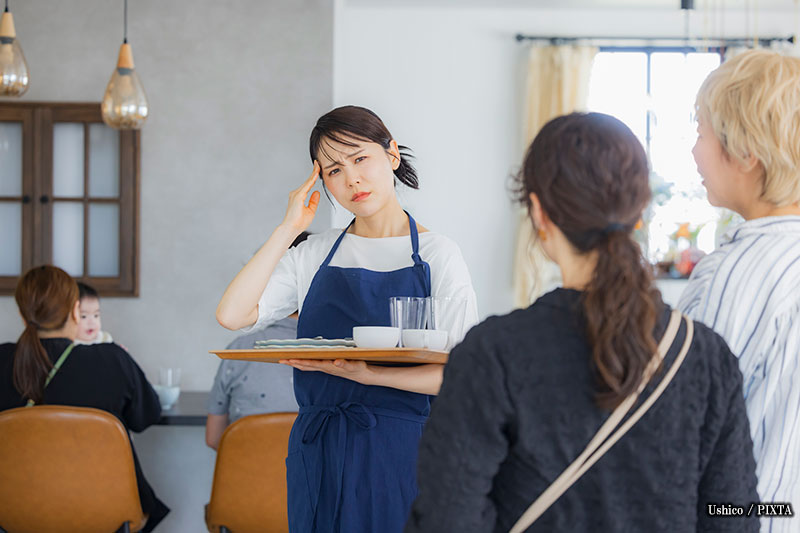
Photo for illustrative purposes
By being aware of and adhering to these local regulations, you can contribute to a more pleasant experience for yourself and those around you. Enjoy your time in Tokyo while respecting local customs and rules.
For more detailed information and updates on regulations, always check local guidelines or consult with your accommodation providers.
※The information in this article is current as of June 2025.
